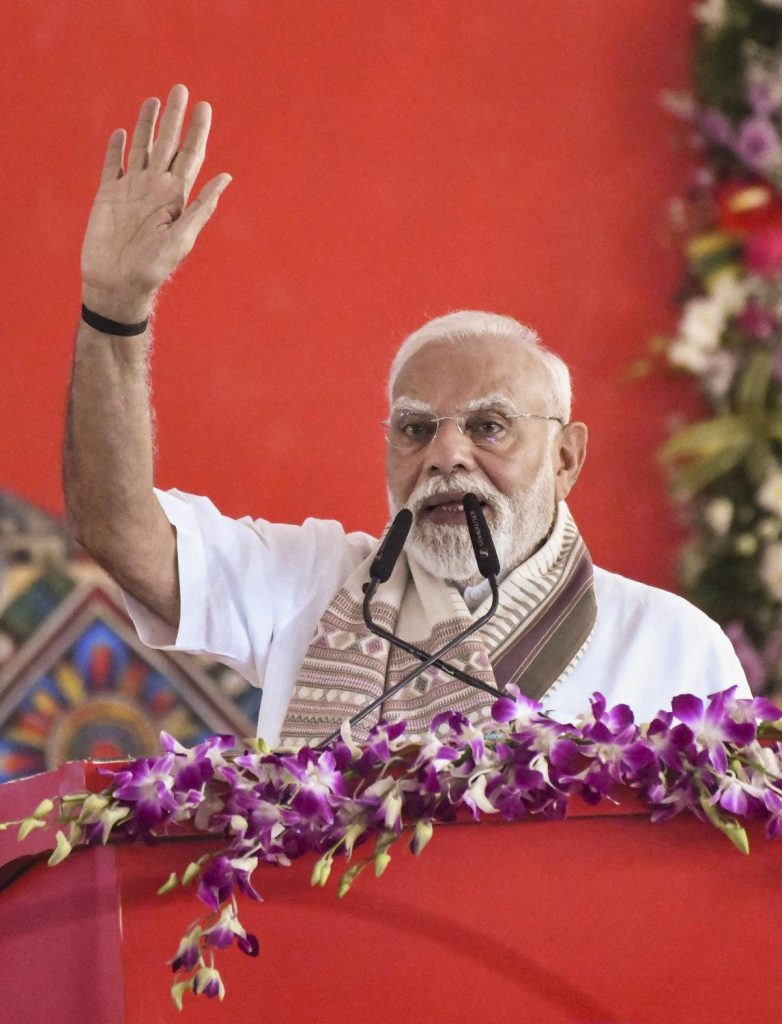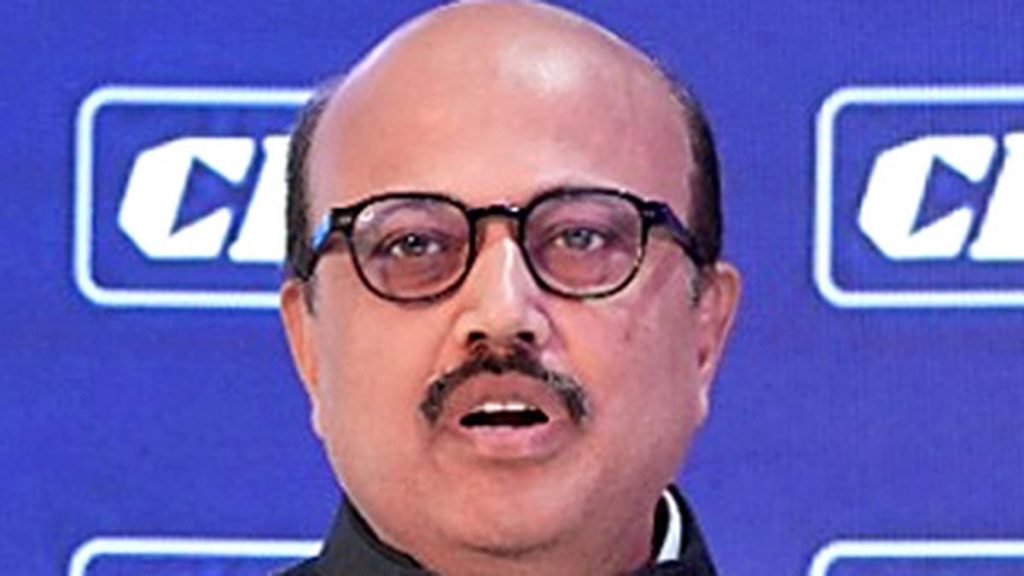Now Reading: Scientists Achieve Record-Breaking Qubit Accuracy
-
01
Scientists Achieve Record-Breaking Qubit Accuracy
Scientists Achieve Record-Breaking Qubit Accuracy

Quick Summary
- Physicists at the University of Oxford have achieved the lowest-ever recorded error rate for a quantum logic operation, at just 0.000015% (one error in 6.7 million operations).
- The team used trapped calcium ions as qubits and controlled their quantum state with electronic (microwave) signals instead of lasers, offering greater stability and reduced costs.
- The experiment was conducted at room temperature without magnetic shielding, simplifying technical requirements for a practical quantum computer.
- Reduced error rates mean fewer qubits are required for quantum computing, making machines smaller, faster, and more cost-efficient.
- Applications include improvements in quantum technologies like clocks and sensors.
- Researchers note that while single-qubit gates now have very low errors, current two-qubit gates still exhibit higher error rates – approximately one in 2,000 – which must be addressed to build fault-tolerant systems.
Indian Opinion Analysis
The breakthrough by Oxford physicists marks a significant milestone toward more practical and scalable quantum computing solutions globally. By reducing the infrastructure needed for error correction through low single-qubit gate errors, this progress has broad implications for economies invested heavily in tech innovation-including India. As India ramps up its National Quantum Mission with an allocated ₹6,003 crore budget over eight years aimed at advancing essential research and technology development in this field,advancements elsewhere can offer valuable insights into areas like cost-effective scalability.Additionally, innovations using robust qubits such as calcium ions align well with India’s strategic interest to integrate cutting-edge technologies into lasting applications such as precision sensing or cryptography tools.
key challenges persist: high-error rates among two-qubit gates remain unresolved but are crucial for building fully functional machines. For India’s aspirations to lead globally without substantial dependence on external players long-term investment into indigenous research targeting gaps like these could emerge as critical next steps.
























